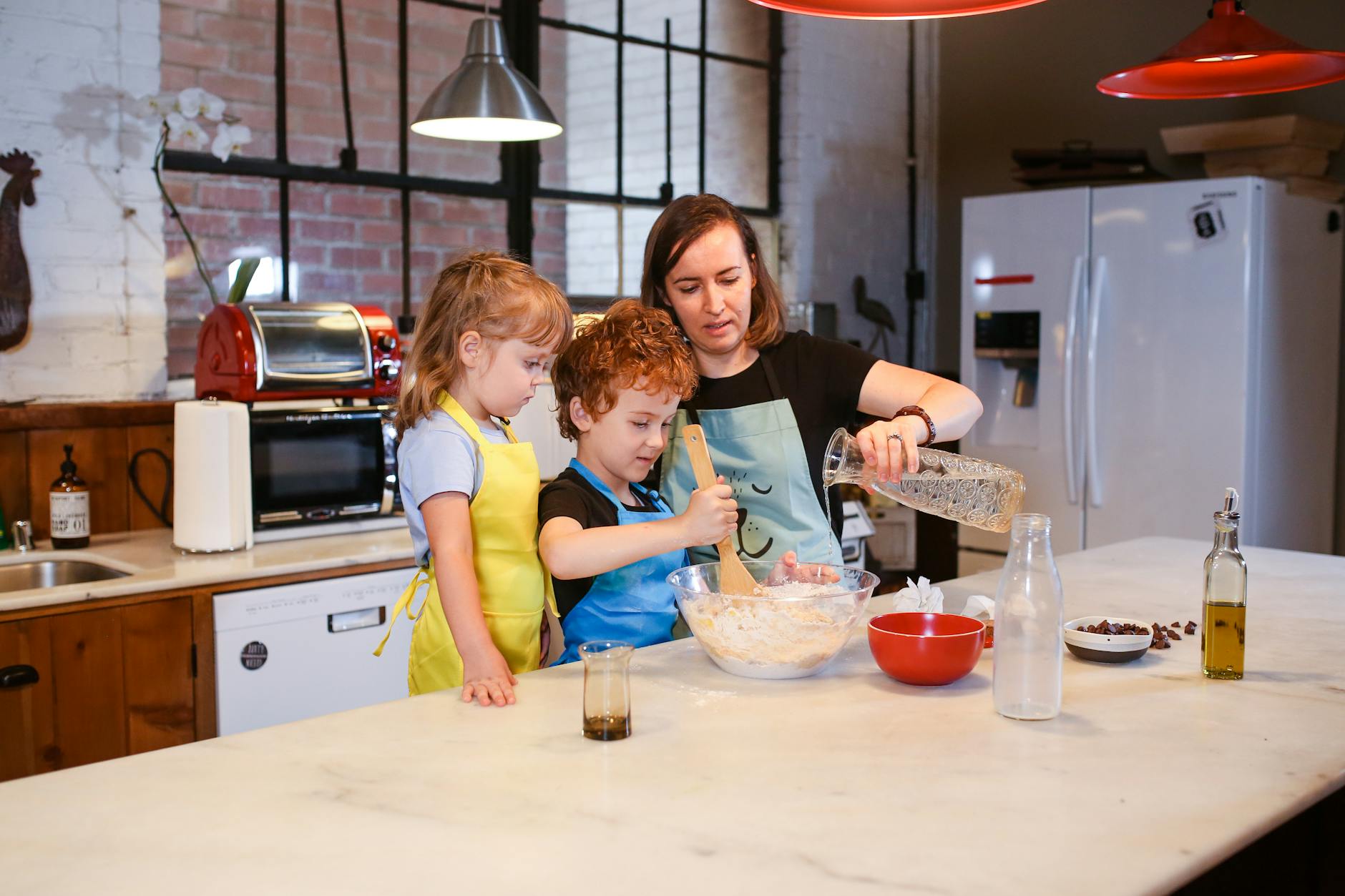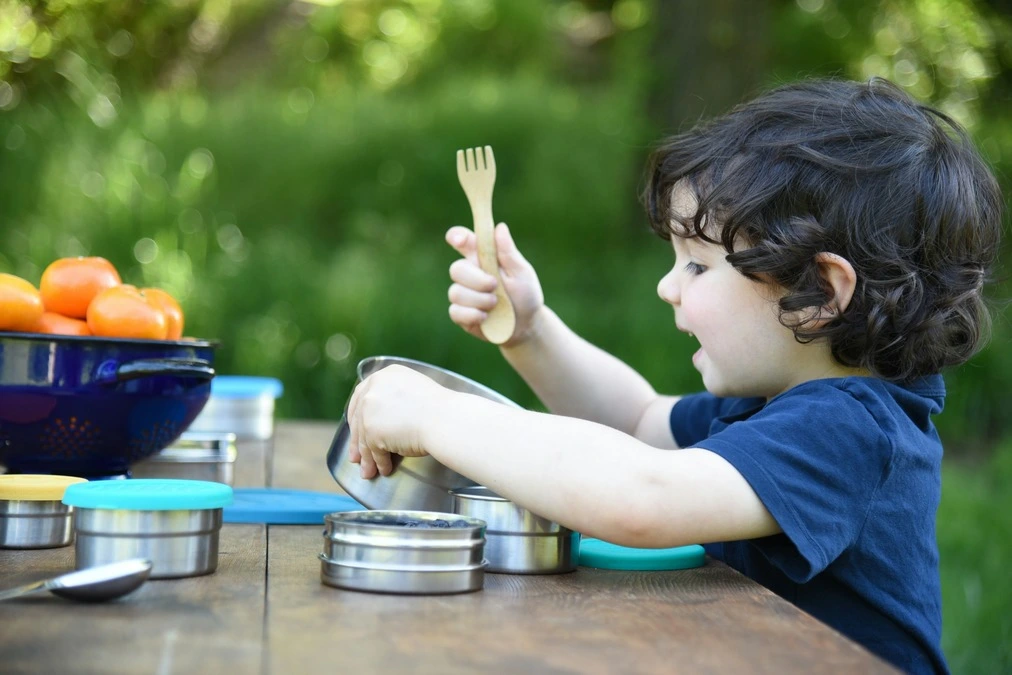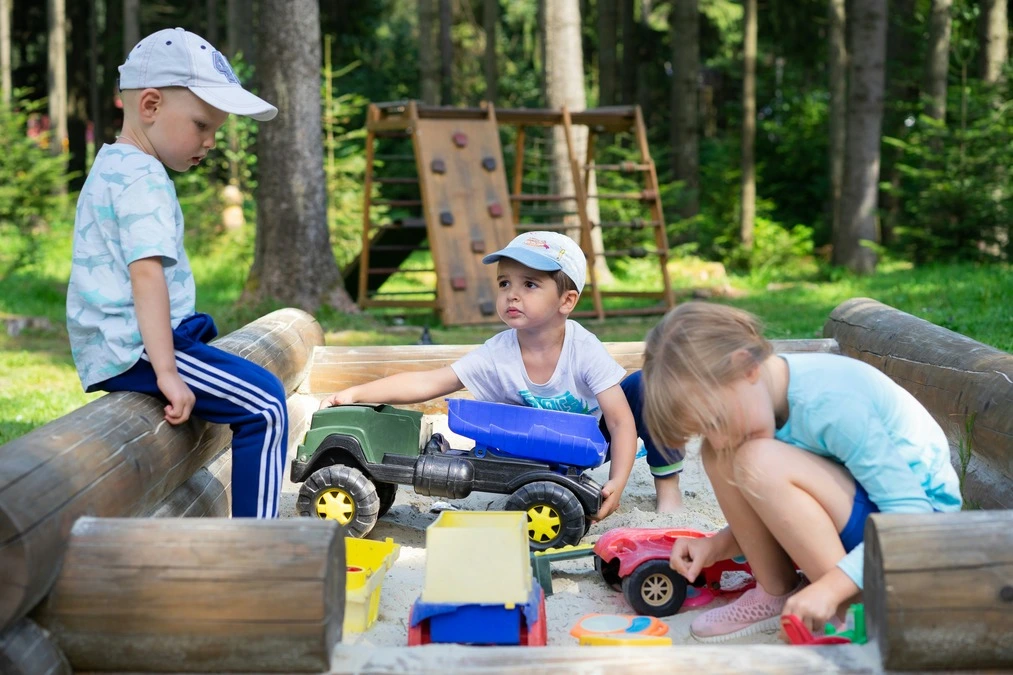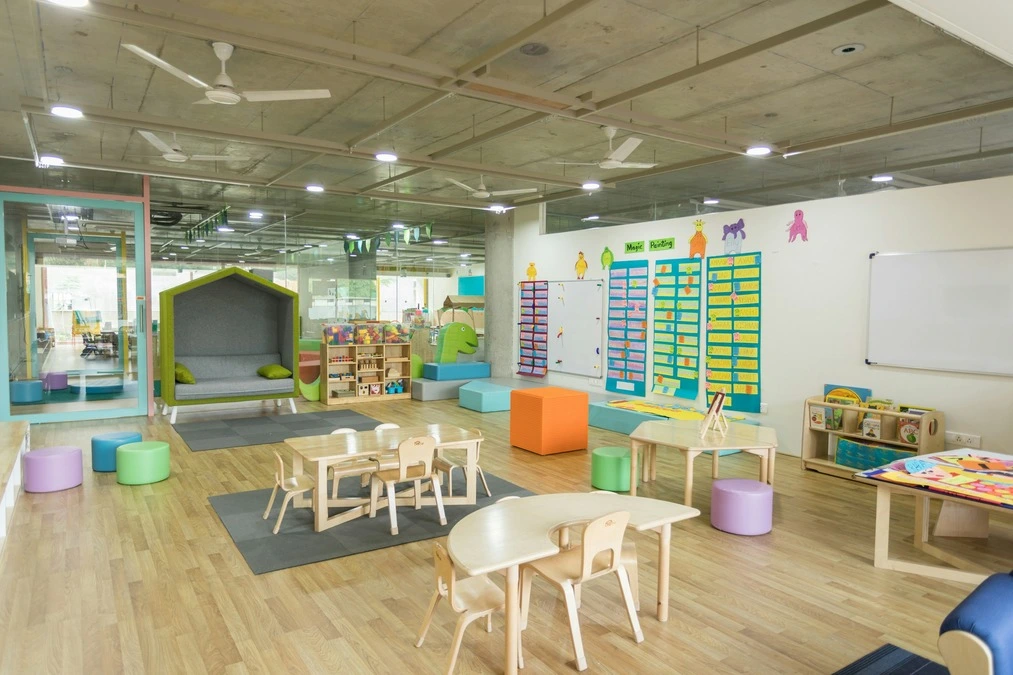Table of Contents
Introduction
Ever watched your child struggle with a task and felt the urge to step in and help? While it’s natural to want to assist, letting children tackle everyday tasks on their own can be a game-changer. Practical life skills are essential for a child’s development, boosting their independence and self-confidence. Montessori education emphasizes these skills, seeing them as a foundational part of holistic learning.
In this blog post, we will explore what practical life skills are, why they matter, and how you can integrate them into your child’s daily routine. By the end, you’ll have actionable steps to foster your child’s growth and autonomy.
What Are Practical Life Skills?
At their core, practical life skills are everyday tasks that help children become more independent and responsible. These include:
- Self-care: Dressing, brushing teeth, combing hair, and basic hygiene routines.
- Household chores: Cleaning, cooking, tidying up, and gardening.
- Social interactions: Greeting people, using manners, and sharing responsibilities.
These activities not only develop motor skills but also instill a sense of responsibility and focus. By mastering these tasks, children learn to problem-solve and manage their time effectively.
For more on fostering independence, check out our post on Sparking Independence in Kids Through Practical Life Skills.
The Importance of Practical Life Skills
Understanding the significance of practical life skills is crucial for parents and caregivers. These skills lay the foundation for children to navigate the complexities of daily life with confidence. When children engage in self-care routines, they develop autonomy and learn that they can take charge of their personal needs. Similarly, involving them in household chores fosters a sense of contribution and belonging within the family unit. This promotes teamwork and helps them appreciate the effort that goes into maintaining a home.
Moreover, social interactions play a pivotal role in their emotional intelligence. Teaching children how to greet others, share, and use polite language cultivates empathy and respect, essential attributes for building healthy relationships throughout their lives. Ultimately, practical life skills boost a child’s self-esteem, empowering them to tackle challenges with resilience and creativity. By integrating these experiences into daily routines, parents can create a nurturing environment where independence thrives.
For more on how Montessori education supports a child’s development, read Choosing the Best Path for Your Child: Montessori vs. Traditional Education.
Why Start Early?
Introducing practical life skills during early childhood has numerous benefits. Young children are naturally curious and eager to learn, making this an ideal time to teach them new tasks. Early involvement fosters a sense of accomplishment and ownership, boosting self-esteem. Long-term, these skills can enhance academic performance by improving concentration and organizational abilities. Studies like this one on early childhood development show how practical tasks can shape a child’s cognitive growth.
Creating a Prepared Environment
To encourage participation, set up child-friendly spaces at home. Adapt your environment to make tools and tasks accessible. Here’s how:
- Low shelves: Store items within their reach.
- Child-sized tools: Invest in smaller, easy-to-handle utensils and cleaning supplies.
- Organized spaces: Keep areas tidy and simple to foster independence.
For more tips on creating a Montessori home environment, read our guide on Montessori at Home: Creating a Prepared Environment.
Everyday Activities to Encourage Practical Life Skills
Incorporating these activities into your routine doesn’t have to be complicated. Here are some ideas:
In the Kitchen
- Food preparation: Involve children in washing vegetables, setting the table, and simple cooking tasks.
- Tasting notes: Introduce them to different flavors and textures to enhance their sensory experiences.
Self-Care
- Daily hygiene: Teach them how to brush their teeth, comb their hair, and wash their hands.
- Clothing: Encourage them to dress themselves, pick out outfits, and learn to tie shoelaces.
Cleaning and Tidying
- Household chores: Involve them in sweeping, dusting, folding laundry, and organizing toys.
- Gardening: Simple tasks like watering plants or planting seeds teach responsibility and care for the environment.
Social Skills
- Manners: Teach them to greet people, say thank you, and share responsibilities.
- Community: Encourage participation in group activities to build teamwork and cooperation.
The Role of Observation and Patience
Allowing children to make mistakes and learn through trial and error is crucial. Practice patience and give them the time and space to complete tasks independently. Observation helps you provide better guidance without hovering, fostering their ability to solve problems on their own.
Making Practical Life Skills Fun and Engaging
Turn everyday chores into enjoyable activities. Use games, songs, and rewards to motivate participation. Explain the “why” behind tasks to spark curiosity and engagement.
Encouraging Consistency and Routine
Establish daily routines that incorporate practical life activities. Consistency builds habits and self-discipline. Empower children by allowing them to take on age-appropriate responsibilities regularly.
Benefits of Practical Life Skills Beyond Childhood
The impact of practical life skills extends far beyond childhood. These skills contribute to a child’s ability to organize, concentrate, and work independently. They also play a significant role in emotional and social development, preparing children for real-life situations and fostering resilience and adaptability.
Conclusion
Practical life skills are more than just tasks; they are stepping stones to independence, confidence, and a strong foundation for lifelong learning. Parents and educators should incorporate these practices daily and celebrate children’s growth.
By integrating these strategies into your daily routine, you’ll not only help your children develop crucial life skills but also enjoy witnessing their growth and independence.
Happy parenting!








